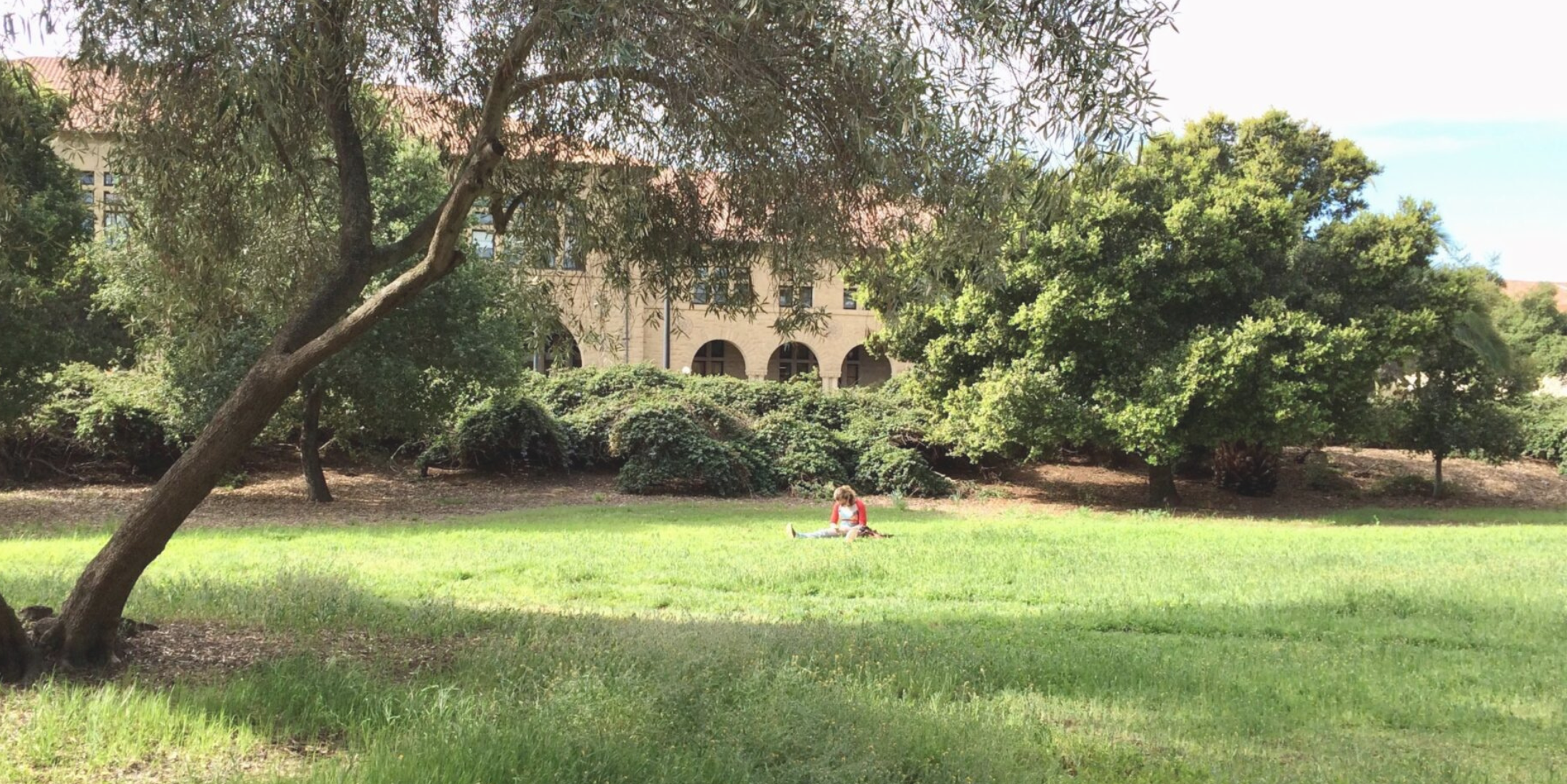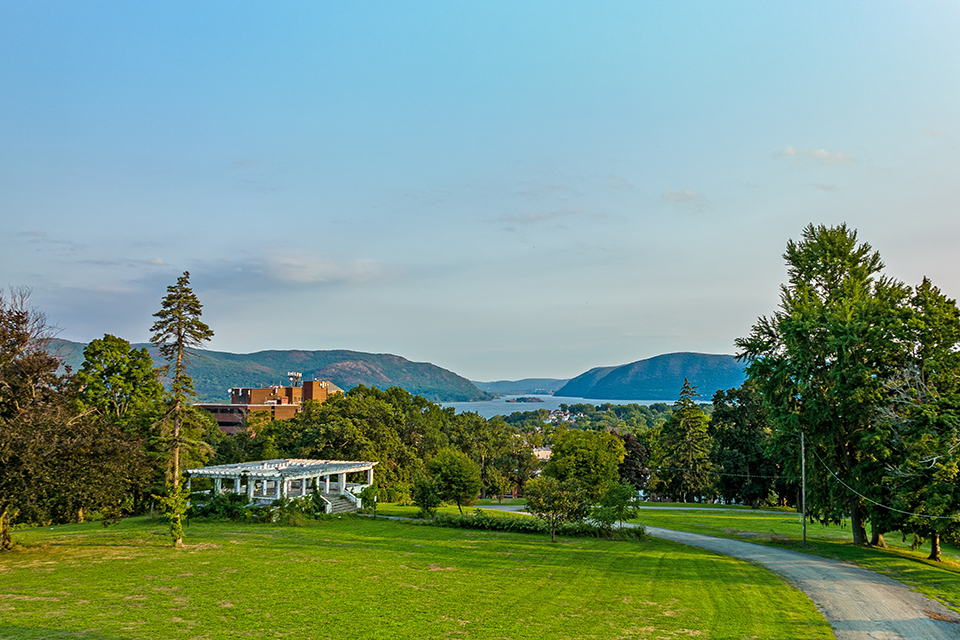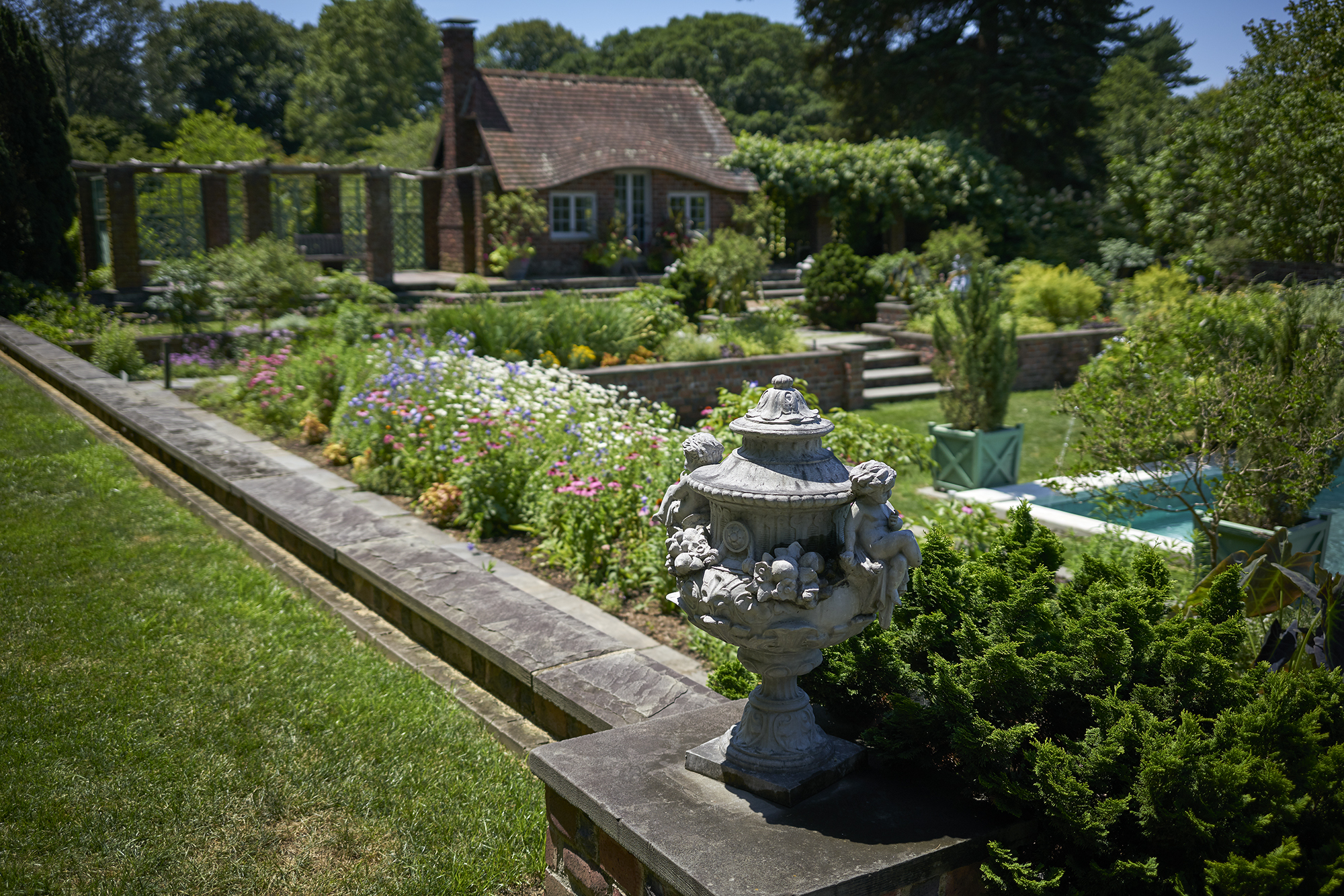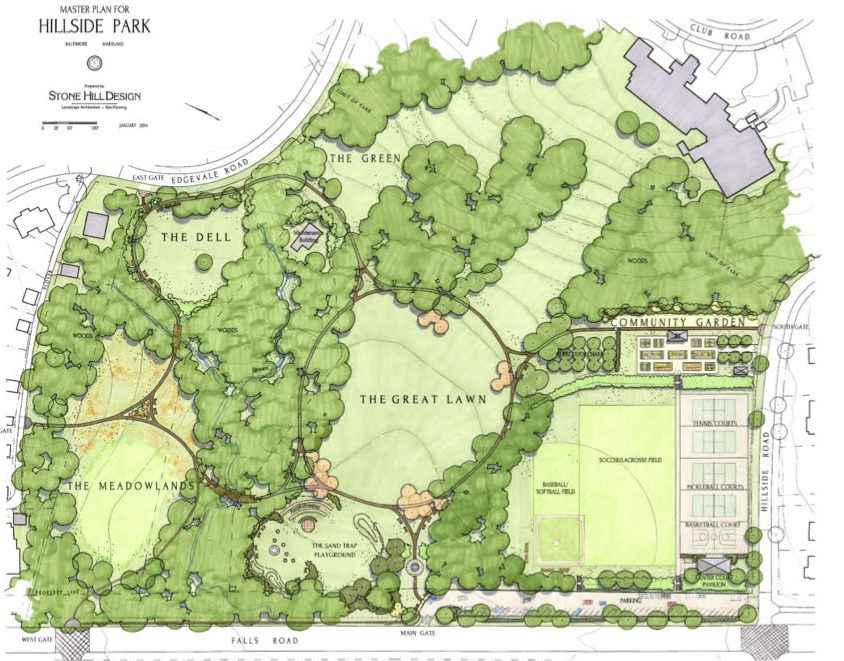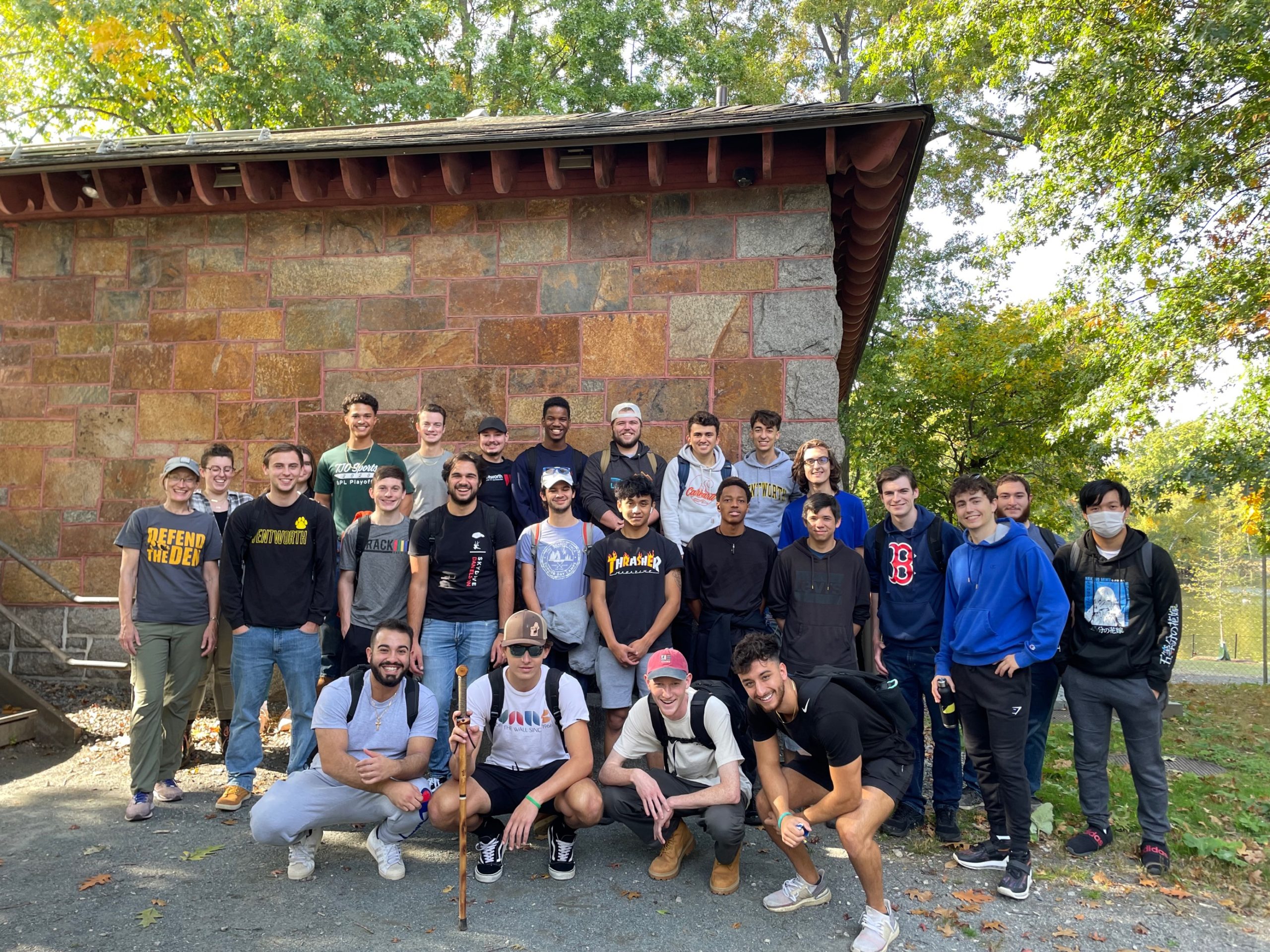The Villa Terrace Decorative Arts Museum will present In the Park with Frederick Law Olmsted:
A Vision for Milwaukee in Spring 2022. The exhibition is timed to coincide with the 200th
anniversary of the birth of Frederick Law Olmsted (April 26, 1822), which is being celebrated
internationally. Considered the “Father of American Landscape Architecture”, Olmsted had a
rich and long career that included significant work in Milwaukee. Olmsted was enlisted by the
city’s nascent park commission in 1889 to help select early park sites and to design three of
them: Lake Riverside and Washington parks, as well as Newberry Boulevard.
This exhibition will explore Olmsted’s legacy and influences on the city’s development and
sustainability. It will feature historical documents, architectural plans, neighborhood maps,
design drawings, portraits, photographs, and fine art inspired by Milwaukee parks. There will
also be interactive content, videos and film screenings, and extensive related programming.
Milwaukee parks and parkways designed or inspired by Olmsted helped shaped the city’s
development and, subsequently, Milwaukee County’s park system. Olmsted also advocated for
mass transit and parks open equally to all. An exhibition focused on Olmsted is a fitting way to
recognize his visionary influences and their contemporary relevance. It will also be promoted
internationally as part of the year-long “Olmsted 200” celebration.
The building of Olmsted’s parks and parkways in Milwaukee and the creation of green oases
within the city are a significant part of the history of the city. An exhibition focused on Olmsted
is a fitting way to commemorate the significance that that Olmsted and his vision have
had on the development of the City of Milwaukee.
Land Acknowledgment:
“We acknowledge in Milwaukee that we are on traditional Potawatomi, Ho-Chunk and
Menominee homeland along the southwest shores of Michigami, North America’s largest
system of freshwater lakes, where the Milwaukee, Menominee, and Kinnickinnic rivers meet
and the people of Wisconsin’s sovereign Anishinaabe, Ho-Chunk, Menominee, Oneida and
Mohican nations remain present.”—Electa Quinney Institute for American Indian Education at
University of Wisconsin-Milwaukee
In the Park with Frederick Law Olmsted: A Vision for Milwaukee
Hosted by Villa Terrace Decorative Arts Museum

Date
April 14 – September 18, 2022
Location
Villa Terrace Decorative Arts Museum
2220 N. Terrace Avenue
Milwaukee, WI
Time
All Day



